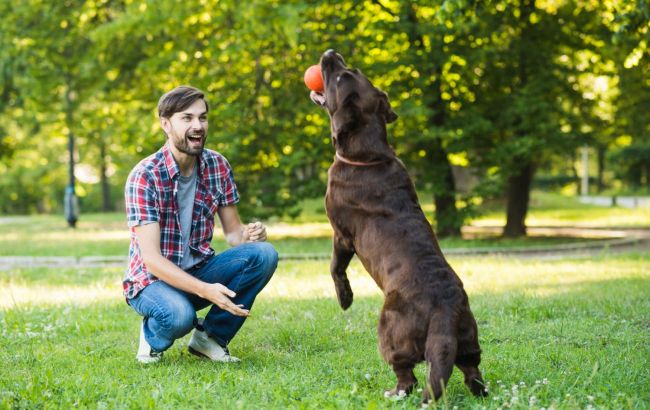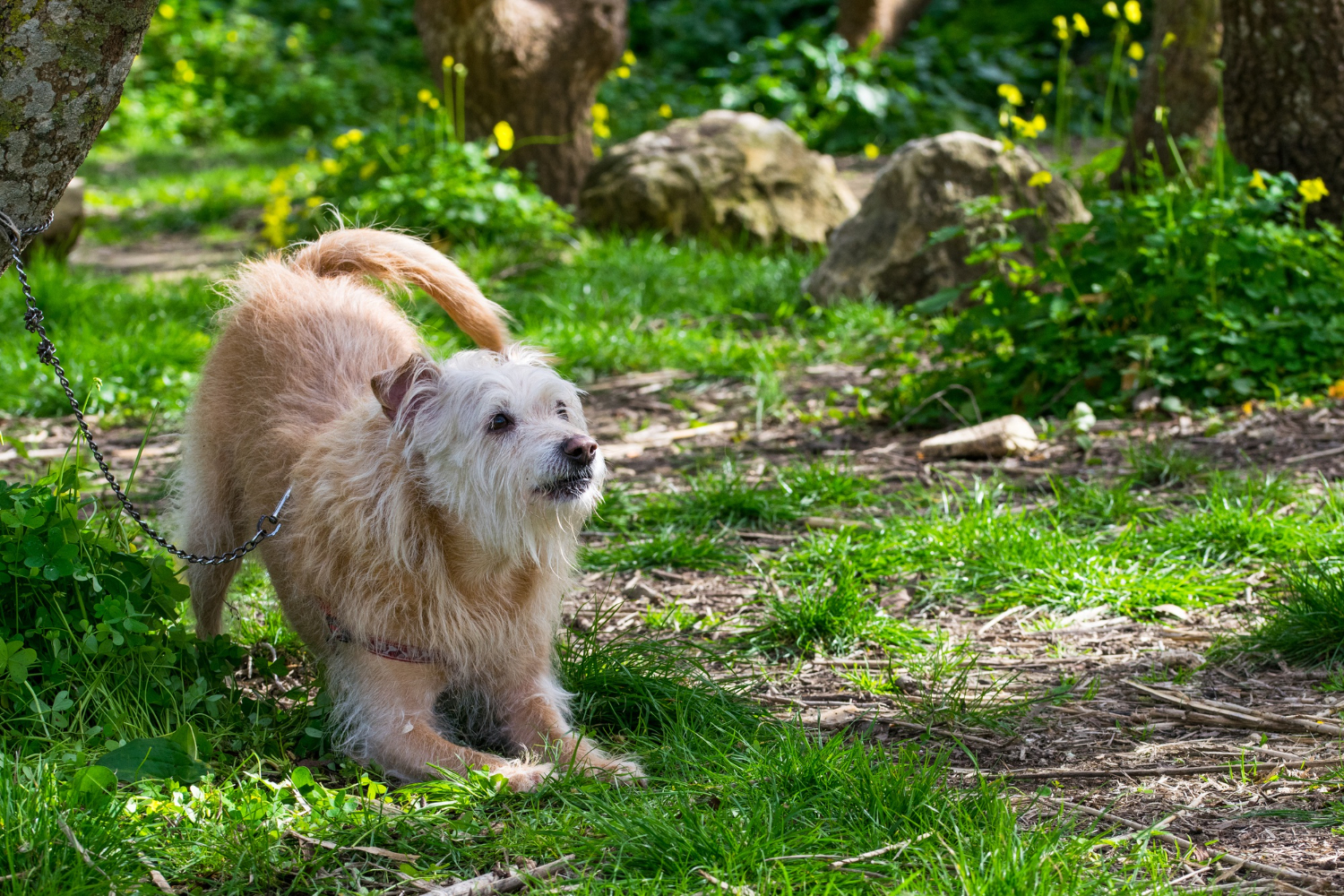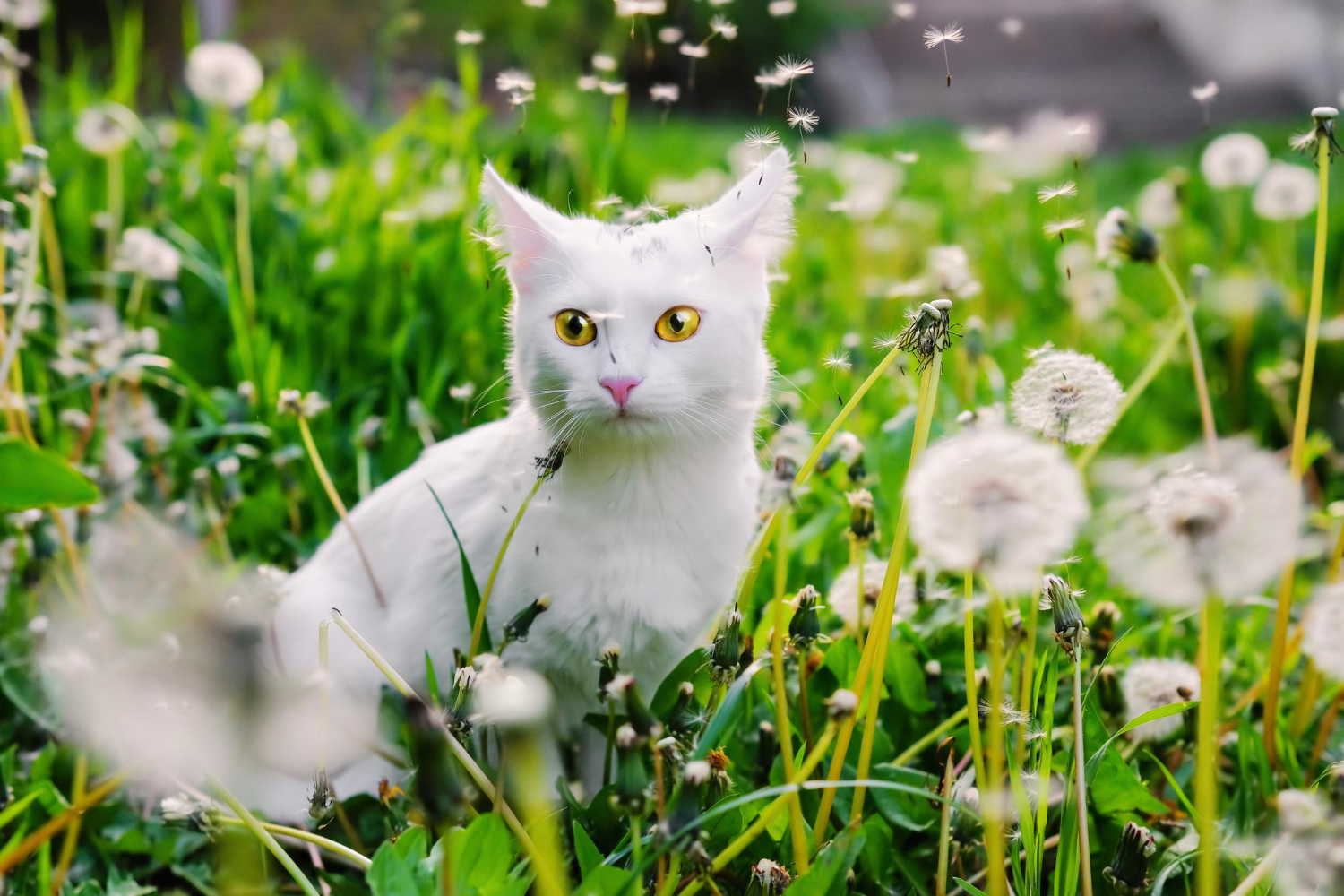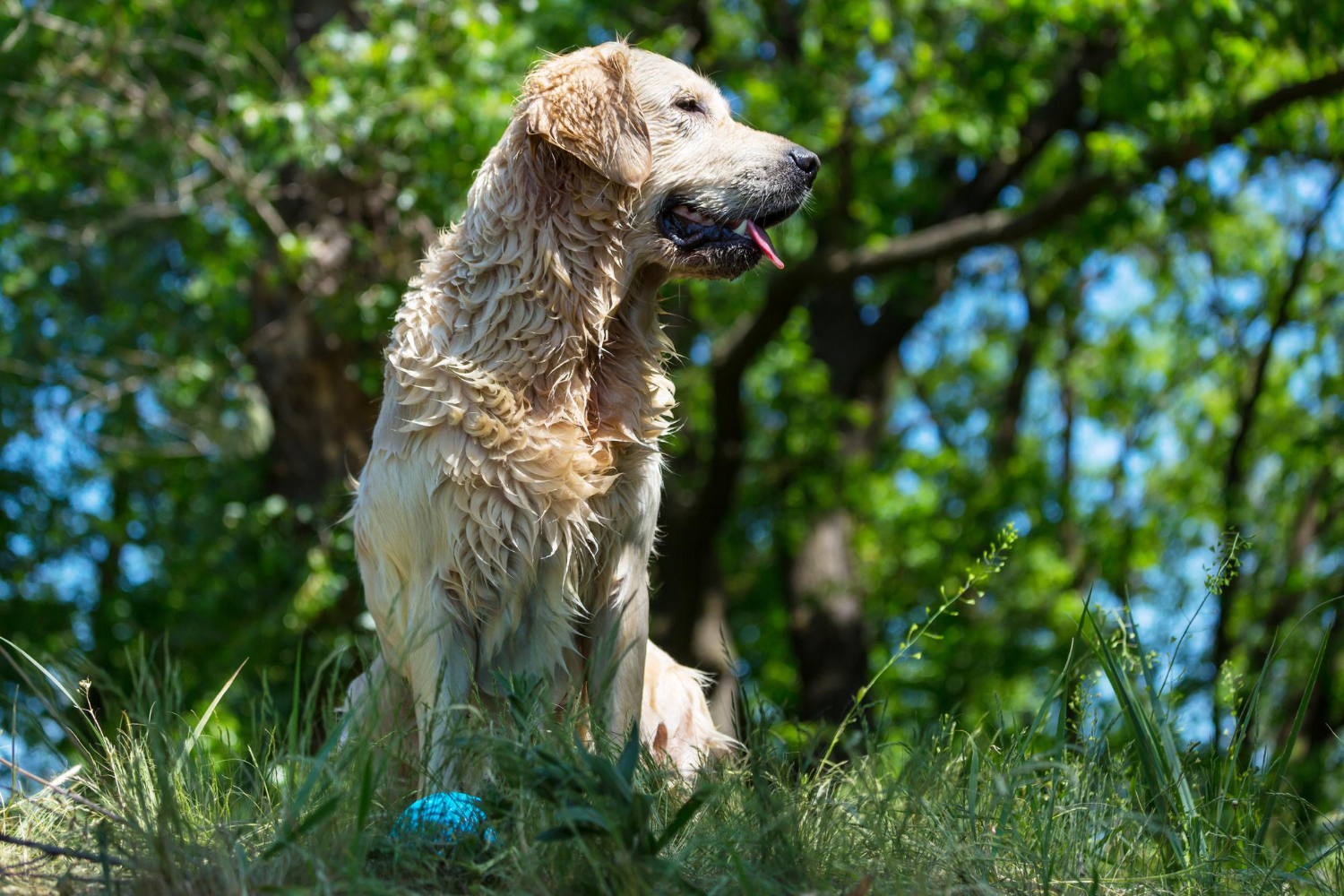Dangers of summer: How to protect pets from 9 seasonal threats
 How to protect pets from 9 seasonal threats (Freepik)
How to protect pets from 9 seasonal threats (Freepik)
Every season has unique pet safety risks, but summer is a particularly dangerous time for your four-legged friends. From high temperatures to insects that are just waiting to bite, there are many factors to keep your furry friends safe during the warm season, reports Martha Stewart.
Heat and humidity
If it's too hot for you, it's definitely too hot for your pet. Humidity also affects pets, particularly dogs, differently than humans.
According to Lisa Bazzle, an assistant professor at the University of Georgia's College of Veterinary Medicine, dogs are unable to breathe as efficiently, which can lead to heat stroke.
Signs of heat stroke, which can be fatal and require immediate medical attention, include rapid heartbeat, labored breathing, weakness, vomiting, and diarrhea.
 Don't walk your dog during peak heat hours (illustration: Freepik)
Don't walk your dog during peak heat hours (illustration: Freepik)
That is why you should not leave your pet in a parked car: even with the windows open, the temperature inside can become dangerous in less than half an hour. Hot asphalt and stones can burn the pads of the paws.
Protect your pet by limiting the time they spend walking and playing during peak heat hours, ensuring they are properly hydrated, and providing them with a cool place to rest. If your pet spends time in the yard, make sure it has access to shade and fresh, cold water.
Insects
No one likes mosquitoes, but the pests are especially dangerous for dogs and cats, who can contract heartworm disease from the bite of an infected insect - which can be fatal to the animal.
To protect your pets, use flea and tick preventatives, and consult your veterinarian about the right product and dosage.
 What are the summer dangers for animals (photo: Freepik)
What are the summer dangers for animals (photo: Freepik)
Another danger can come from flies, so it is recommended to keep your pet's coat clean and regularly check for wounds. Bees and wasps are also something to be wary of, especially if your pet is allergic to their venom and has an anaphylactic reaction.
Fertilizers and pesticides
Chemicals such as weed killers, fertilizers, and pest control products can be toxic to your pets. Unfortunately, chemicals may seem tasty to your pet.
That is why you should not let your pet near the treated area, and if you suspect that fertilizer or pesticide has been ingested, you should immediately contact your veterinarian.
Plants
If your pets spend time in your garden, check if you are growing potentially dangerous plants. For example, a quick Google search on the name of a plant species can help you determine if it is harmful.
 Which plants are dangerous for animals (illustration: Freepik)
Which plants are dangerous for animals (illustration: Freepik)
Plants such as azaleas, rhododendrons, and tulips can cause gastrointestinal upset, while lilies, sago palms, and foxglove can be acutely poisonous.
Picnics and barbecues
The picnic season brings a lot of delicious food, many of which are harmful to pets begging for a piece of the dish.
According to veterinarians, saturated or fatty foods, such as hot dogs and bacon, are not good for pets, and fat from steaks can cause pancreatitis.
In addition, raw hamburger or chicken can contain excessive amounts of bacteria that can cause serious illnesses such as salmonella poisoning.
In addition, rib bones and barbecue can cause intestinal obstruction, and chocolate and especially grapes are toxic.
Therefore, you should not treat your pet to human food - it is better to prepare special treats.
Sand and debris on the beach
As strange as it may sound, some dogs simply cannot resist chewing on sand - which, according to veterinarians, can lead to a potentially fatal intestinal obstruction.
 Garbage on the beach can be dangerous for animals (illustration: Freepik)
Garbage on the beach can be dangerous for animals (illustration: Freepik)
So before throwing a toy, check that it is not stuffed with sand, periodically rinse toys with fresh water, and keep an eye on your dog.
In addition, debris that can be hidden in the sand, such as broken glass, metal lids, or even fishing hooks, is a danger.
This can cut your pet's paws or mouth - so choose the area carefully and check for injuries.
Deep water
If your dog loves to swim, that's great, as long as you choose safe places and keep an eye on him. Most people think their dogs can swim, but this is not always the case. So never force a hesitant dog into the water.
Also, be especially careful if your dog is on a boat or near a pool, as many of them panic if they fall and suddenly find themselves in deep water.
Pollen
Just like humans, dogs can suffer from pollen and various types of mold. While airborne allergens tend to cause respiratory problems in humans, most animals experience itchy skin, as well as swelling of the face, eyes, and ears.
So your veterinarian may prescribe antihistamines, steroids, or allergy shots to treat the symptoms.
Snakes and wild animals
Summer is the time of year when wild animals, including snakes, become active, and their bites can be poisonous to pets.
In addition, frequent visitors from the forests, such as hedgehogs, can carry rabies, so make sure your pet is up to date on all vaccines.
Check out also 5 mistakes pet owners make in flea and tick protection.

